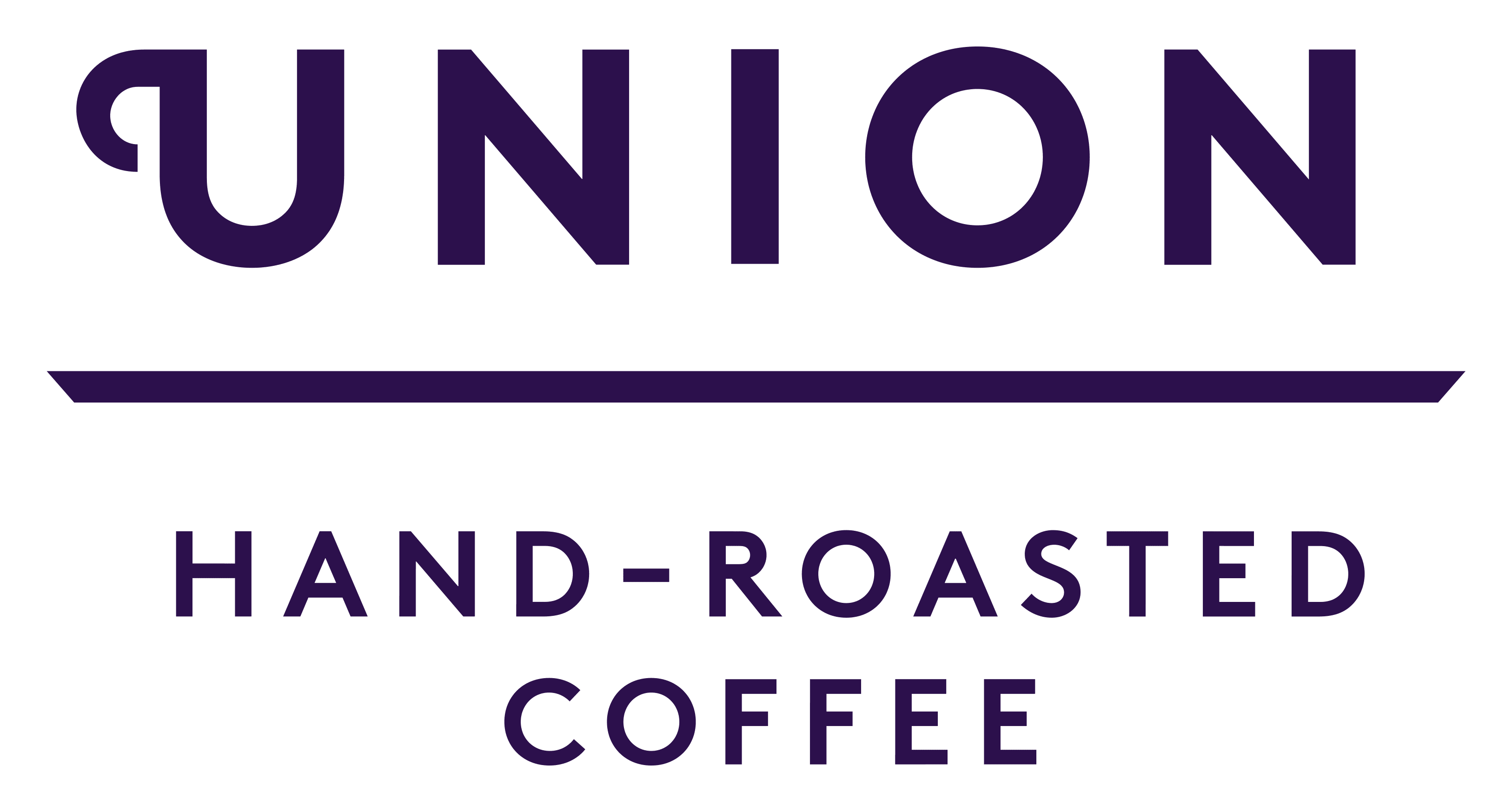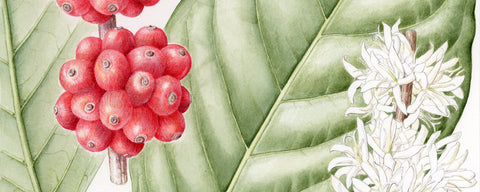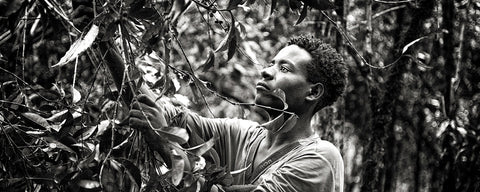First Published - July 7, 2016 (By Kerttu – Coffee Lover and Marketer)
Over the past year, since joining Union, I’ve spent a lot of time with Steven and Jeremy (our founders) talking about the way we source and how we work in partnership with farmers. I’ve also found insights from Pascale (our sustainable sourcing champion who is based in Panama and travels to meet our producer partners on a constant basis, monitoring and helping to increase quality of life and quality of coffee production) invaluable. However nothing really prepared me for the experience of meeting the producers and farmers in their own homes.
Rwanda is a small country at the heart of Africa, with a population of 11 million people. Sitting directly on the equator, the whole country is beautiful; lush, green forests and lakes – the most beautiful country I have been to! It’s known as ‘the country of a thousand hills’, which seemed to be true, but even more so I was struck by the warm welcome and smiles we received.
|
Rwanda Landscape
|
We’ve been sourcing coffee from Rwanda since 2002. This was when the country was still struggling to rebuild after the genocide (1 million people lost their lives in 1994), and coffee production was struggling. Rwanda was mainly producing commercial grade coffee back then, which didn’t command high enough prices to sustain livelihoods.
|
Maraba washing station welcome dance
|
Union worked with farmers and cooperatives to help increase the quality of coffee, introduce new methods of processing and provide long term commitments for sustainable, fair pricing. This gives coffee growing communities a chance to build better lives for them and their families. Today Union sources and sells 80,000 kg of Rwandan coffee beans per year, and has a positive impact on over 25,000 people via the three co-operatives we work with.
Our whole team was moved to tears by the reception we got when we arrived at the Maraba washing station – dozens of women working at the coffee sorting tables burst into a song and dance to welcome us. Some of us even got invited to join the dancing, though my African dance moves need some honing!
|
Me and the ladies of Maraba washing station – Photo by Manus Carson
|
During our week in Rwanda we visited the Maraba and Cocagi cooperatives, and several farmers and their families at their homes. It was fascinating to see the work going into the coffee before it reaches our roastery as green beans. From growing and picking the coffee cherries high up in the mountains by hundreds of families, carrying and finding ways to transport the cherries to washing stations (often without cars and from locations where we struggled to get to with 4x4s), to pulping, drying and sorting of the coffees.
Did you know that all our coffee beans are meticulously sorted by hand, each bean looked at by the women at the sorting tables, separating those with wrong colour or defects from the high quality grade?
Speaking of women – I was glad to see many women on the boards of cooperatives, as coffee farmers and heads of households. Here’s a few we met:
|
Venantian Mukakalisa has grown coffee for Maraba and Union for over 10 years. Union has also funded her son Erik through school and financed his pig farm. They live on a remote hill with difficult access and a 2 hour walk for electricity (though they now have a solar lamp to charge phones) and 20 minute walk for water – Photo by Alan Schaller
|
|
Kasine Felicite was widowed during the genocide. She has grown coffee for Maraba and Union since 2002 – Photo by Alan Schaller
|
They told us how a longer term stable relationship with Union and our coffee buying model had impacted their lives – they had health insurance, a chance to put their children through school, stability and most importantly, hope for the future.
I asked the Cocagi cooperative members what they would like us to tell people in the UK drinking their coffee. Their message was simple and honest, ‘Thank you for drinking our coffee! You can trust us that it will be always high quality’.
Rwandan children melted my heart. Everywhere we went, children came running to wave at us, shout ‘hello’ and smile. Despite their interest in us however, young people have less interest in taking on coffee farming once they grow up. One of the biggest challenges the coffee community is facing at the moment, in Rwanda and around the world, is how to encourage the next generation that coffee farming is a sustainable business. The draw of the cities and office careers means there are fewer and fewer young people expressing an interest in continuing in their parents footsteps. It was a message we heard again and again over the course of our trip, and current median age for coffee farmers at Cocagi is over 50 years old. The co-operatives asked for our help in engaging the next generation of coffee farmers, and we have our thinking caps on!
|
Just some of the happy faces we were met with on our trip
|
Next time you take that first glorious sip of your coffee, take a second to appreciate the work and love that has gone into making that cup, from farmers to pickers to roasters to baristas.
If you’d like to try some Rwandan coffee it’s the star feature in our Revelation blend and as Maraba and Cocagi Gashonga single origins.
We also had photojournalist Alan Schaller on our trip – you can see more of his wonderful photos and read his story here.
We have 20% off all our Rwanda Coffees this July (2016). Click here to find out more.











